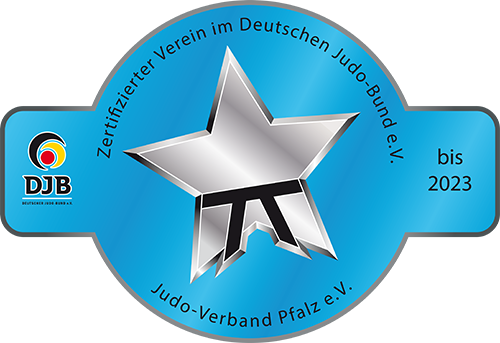The Polish Round Table Agreement, which was signed on April 5, 1989, marked a significant milestone in the history of Poland. The agreement was signed by the Communist government of Poland and the democratic opposition, bringing an end to the authoritarian rule that had been in place since the end of World War II.
The agreement brought about a number of important changes in Polish politics. One of the most significant was the establishment of a democratic government, which was elected through free and fair elections held in 1989. The new government, led by Solidarity leader Tadeusz Mazowiecki, marked the first time since the end of World War II that Poland was governed by a non-Communist party.
The agreement also brought about significant changes in the economy. The government began implementing market-oriented reforms, which led to a shift from a centrally planned economy to one based on market principles. The reforms included the privatization of state-owned enterprises, the liberalization of prices, and the liberalization of foreign trade.
The Polish Round Table Agreement was a crucial step in the democratization process in Eastern Europe. It served as a model for other countries in the region that were also undergoing political and economic transformations. The agreement demonstrated that it was possible for democratic forces to peacefully and effectively challenge authoritarian regimes and usher in a new era of political and economic freedom.
The legacy of the Polish Round Table Agreement can still be felt today. Poland has made significant progress in terms of democratization and the establishment of a market-oriented economy. The country has become a member of the European Union and has become one of the fastest-growing economies in Europe.
In conclusion, the Polish Round Table Agreement was a crucial turning point in the history of Poland and Eastern Europe. It marked the end of Communist rule in Poland and paved the way for a new era of political and economic freedom. Its legacy can still be seen today and serves as a reminder of the power of peaceful democratic movements to effect significant change.











